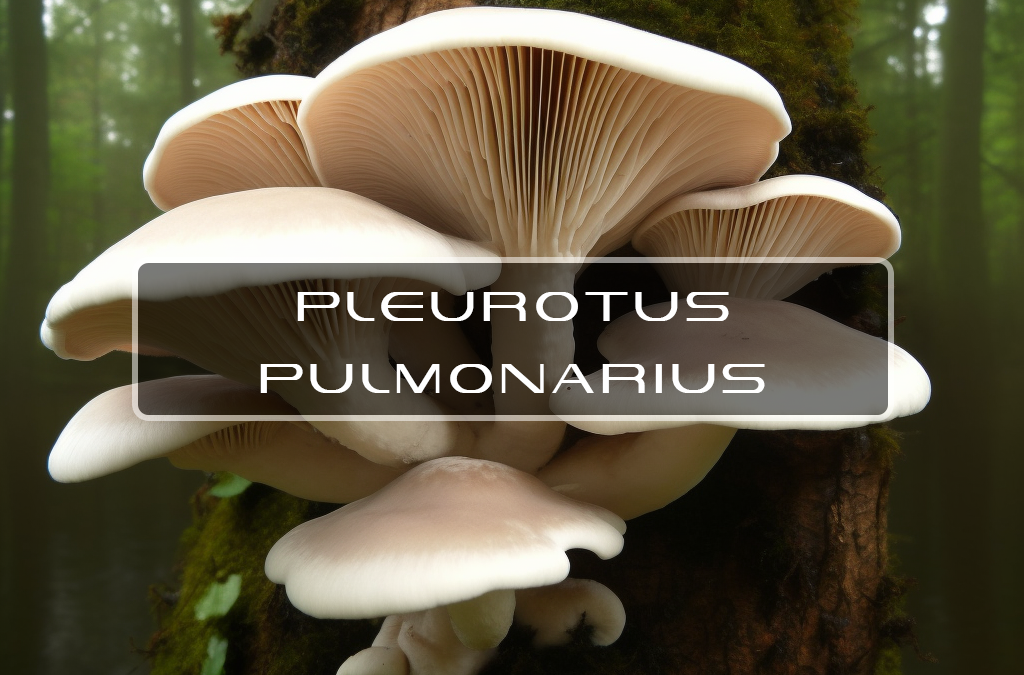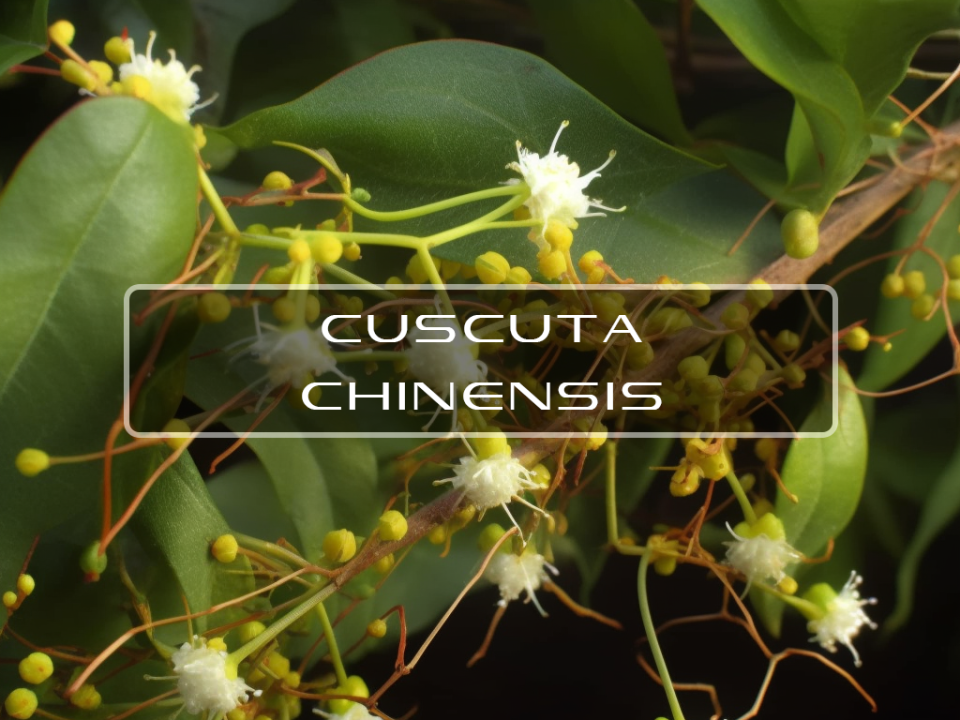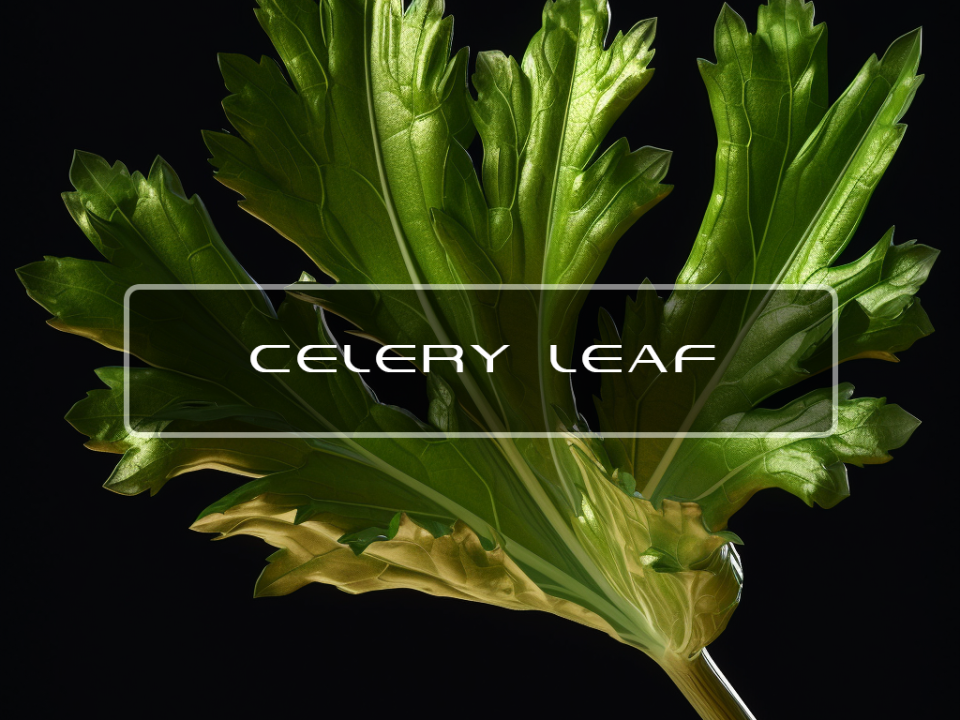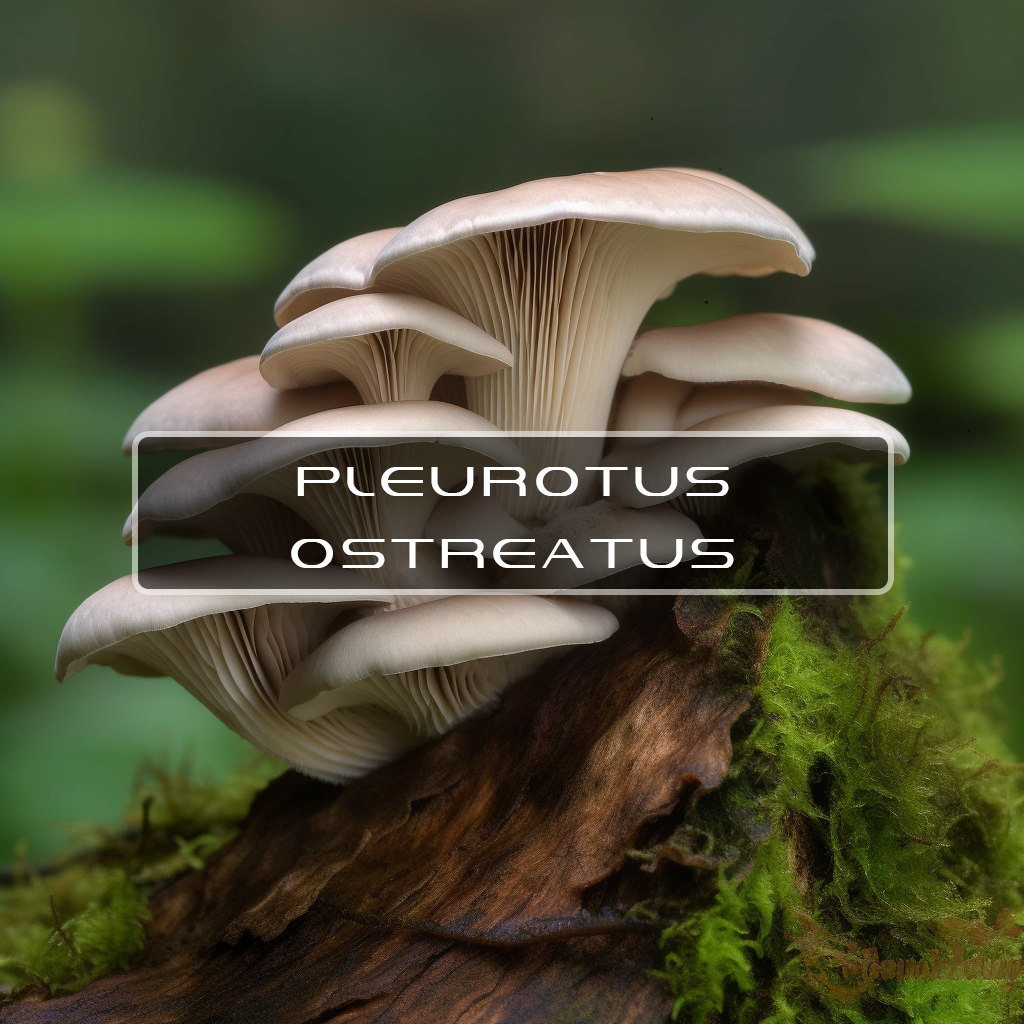
Pleurotus Ostreatus
September 28, 2018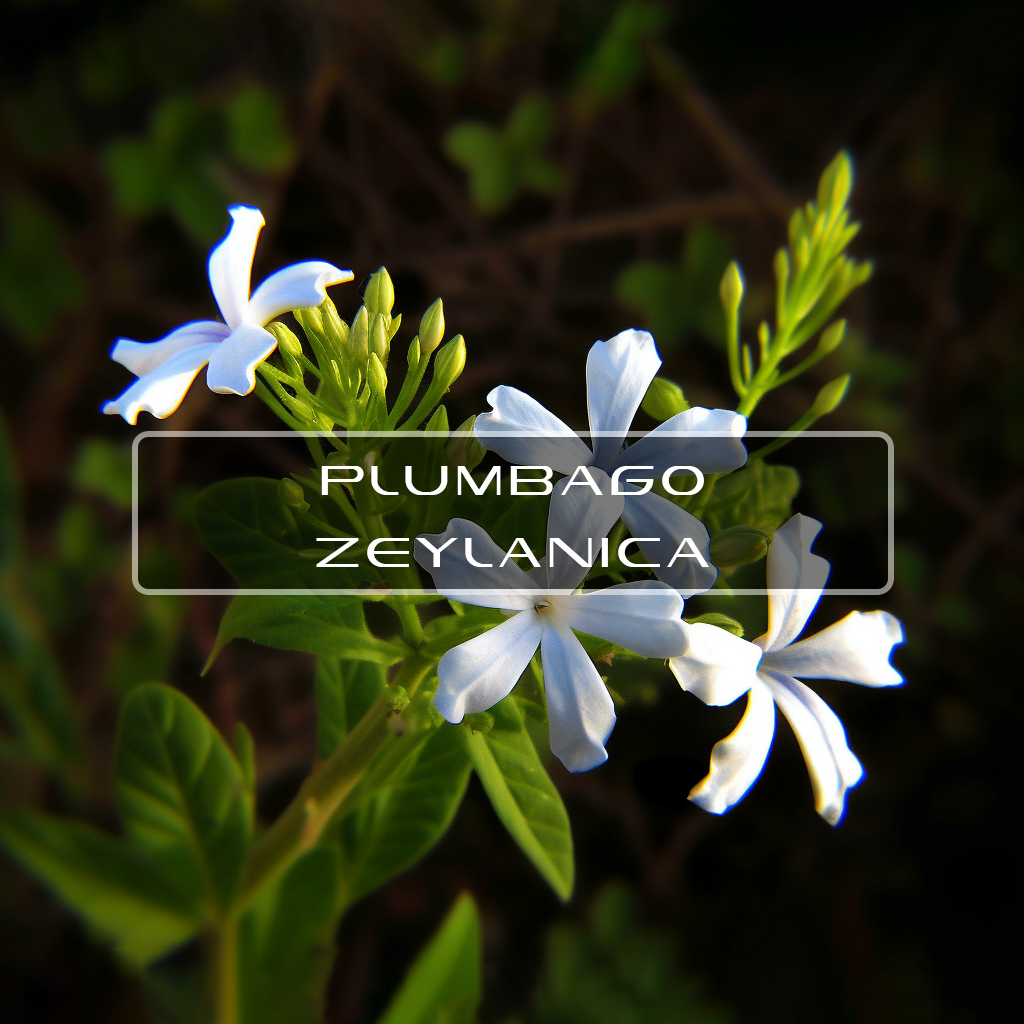
Plumbago Zeylanica
September 28, 2018Pleurotus Pulmonarius

Another name we came across is the Phoenix Mushroom. The pulmonarius mushroom is unable to mate with other species within the oyster complex. It is also much more pale than the traditional brownish Oyster Mushroom. While DNA evidence and tests support the Lung Oyster as a phylogenetic species.
The caps on this mushroom are also smaller than the true oyster mushroom. This species of mushroom prefers the warmer weather more so than the true oyster mushroom.

Benefits of Pleurotus Pulmonarius
Our results indicated that exposure of liver cancer cells to PP not only significantly reduced the in vitro cancer cell proliferation and invasion but also enhanced the drug-sensitivity to the chemotherapeutic drug Cisplatin.
PP triggered a marked suppression of the PI3K/AKT signaling pathway in liver cancer cells in vitro and in vivo, and overexpression of the constitutively active form of AKT, Myr-AKT, abrogated this effect and the inhibited proliferation and invasion by PP.
Our results demonstrated that PP suppressed the proliferation, invasion, and drug-resistance of liver cancer cells in vitro and in vivo, mediated by the inhibition of autocrine VEGF-induced PI3K/AKT signaling pathway.
This study suggests the potential therapeutic implication of PP in the treatment of human liver cancer.
Anti-Inflammatory - A glucan was extracted with hot water from the basidiomycete Pleurotus pulmonarius and shown to have a (1→3)-linked β-d-glucopyranosyl main-chain substituted at O-6 of every third unit by single β-d-glucopyranosyl non-reducing end units.
The glucan was tested for its effects on the acetic acid-induced writhing reaction in mice, a typical model for quantifying inflammatory pain.
It caused a marked and dose-dependent anti-inflammatory response, demonstrated by the inhibition of leukocyte migration to injured tissues.
These data showed that the glucan had potent anti-inflammatory and analgesic (antinociceptive) activities, possibly by the inhibition of pro-inflammatory cytokines.
The aims of the present study were to determine whether orally administered glucans from the edible mushroom Pleurotus pulmonarius could attenuate or prevent the development of experimental colitis in mice.
We conclude that the different glucan preparations (HWS or ME) harvested from P. pulmonarius when orally administered to DSS-treated mice attenuate the development of colonic inflammation, suggesting putative clinical utility for these extracts in the treatment of colitis.
Chemopreventative - In this study, the radical scavenging activities including diphenyl-1-picrylhydrazyl, superoxide anion radical, hydroxyl radical, and hydrogen peroxide were compared among hot water extracts from 3 edible mushrooms, among which Pleurotus pulmonarius (Pp) possessed the highest antioxidant potential.
The cancer prevention by Pp treatment might be explained by the inhibition of cancer cell proliferation indicated by reduction of ki-67 staining and the inactivation of phosphoinositide 3-kinase (PI3K)/AKT signaling pathway in the Pp-treated mice.
These results suggest the potential application of Pp as an adjuvant in the chemotherapy of liver cancer.
the administration of the extract caused significant regression of solid tumor at concentrations of 250, 500, and 1000 mg/kg body weight.
The results thus suggest therapeutic potential for P. pulmonarius as an antitumor and anti-inflammatory agent.
Antioxidant - Medicinal mushrooms occurring in South India namely Ganoderma lucidum, Phellinus rimosus, Pleurotus florida and Pleurotus pulmonaris possessed profound antioxidant and antitumor activities.
Investigations also revealed that they had significant antimutagenic and anticarcinogenic activities.
Indian medicinal mushrooms are potential sources of antioxidant and anticancer compounds.
Pain-Reduction - The present study evaluated the antinociceptive effect of (1→3),(1→6)-linked β-glucan (GL) isolated from Pleurotus pulmonarius (Fr.) Quel. in mice and its possible mechanism of action.
Our findings show that GL inhibits acute and neuropathic pain in mice through mechanisms that involve the inhibition of ionotropic glutamate receptors and the interleukin -1β pathway.
After further experiments, this compound may represent a new pharmacological agent for the treatment of clinical pain.
Antiproliferative Effect - Studies comparing the chemical composition and antitumor-related activities of polysaccharides released by fungal strains under different growth conditions are not available. Thus, the present study compared polysaccharides extracts produced by Pleurotus pulmonarius from mycelium grown in liquid culture (ME) or fruiting bodies (FBE).
We conclude that ME and FBE glucans may exert a direct antiproliferative effect on cancer cells expressing high galectin-3 concentrations and concomitantly downregulate tumor cell adherence, the latter being directly related to cancer progression and metastasis.


